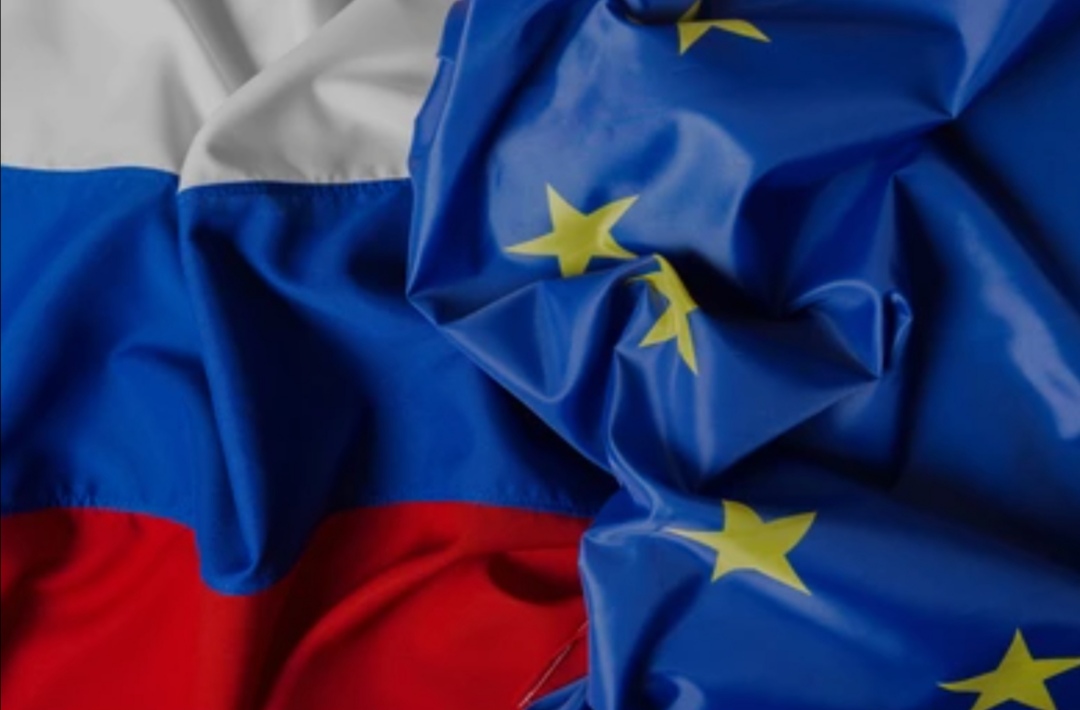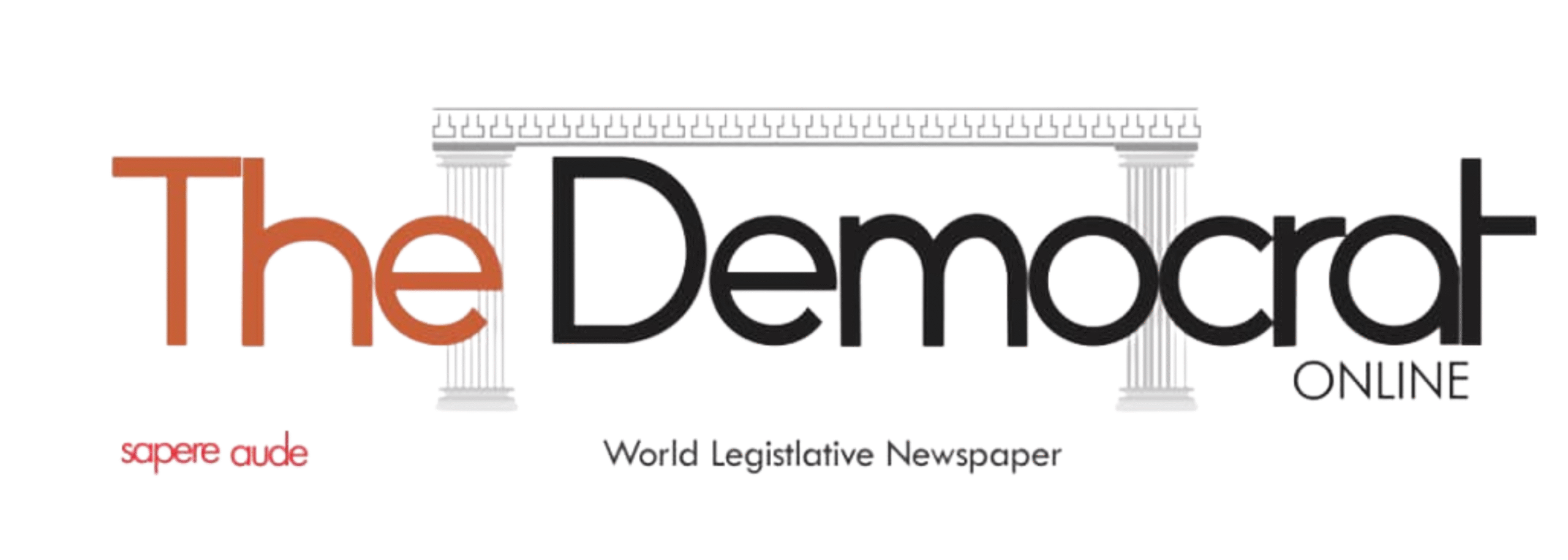
The European Union plans to propose a ban on Russian gas imports by the end of 2027 as part of efforts to reduce reliance on its former top energy supplier. Despite reduced flows since Russia’s 2022 invasion of Ukraine, the country still supplies gas via Turkey and LNG shipments.
A formal proposal, expected in June, will include banning new Russian gas contracts and existing spot purchases, which currently make up around one-third of imports.The European Commission, the EU’s executive arm, is expected to introduce additional measures next month aimed at phasing out the remaining imports of Russian pipeline and LNG gas tied to long-term contracts, with a full transition targeted by the end of 2027, according to sources familiar with the matter.
This move to eliminate dependence on Russian gas is likely to create greater opportunities for U.S. LNG exports to Europe—a goal previously emphasized by former President Donald Trump. While concerns over cost and energy security persist in the aftermath of the energy crisis, EU officials believe the proposed measures will have minimal impact on prices, citing an anticipated surge in global LNG supply in the coming years.In 2024, the EU spent €23 billion on Russian energy—more than its military aid to Ukraine—highlighting the stakes in reducing dependency. Russian gas still made up 19% of the EU’s total purchases, largely due to increased LNG shipments after pipeline cuts.
The EU’s plan to phase out Russian imports by 2027 hinges on securing alternative LNG supplies from the U.S., Qatar, Canada, and Africa. While gas prices have fallen significantly since the 2022 crisis, supply remains tight, with major new LNG deliveries expected from 2027 onward.The Commission’s plans, set for release Tuesday in Strasbourg, may still change, sources said. European gas futures dipped up to 2.1% on Monday before recovering slightly.The Commission plans to increase transparency on the origin of EU gas supplies, potentially requiring companies to disclose volumes and contract details to national authorities and the Commission.
Any legislative proposals must be approved by both member states and parliament, with an accelerated timetable needed for a ban on new Russian contracts by year-end. Meanwhile, Europe remains a key destination for LNG from Russia’s Yamal plant, with long-term contracts signed by companies like TotalEnergies, Naturgy, and Securing Energy for Europe.
The European Commission is considering measures to help companies exit take-or-pay contracts with Russia, but it’s unclear how this will be achieved. While sanctioning Russian gas imports could allow companies to declare force majeure, opposition from Hungary and Slovakia has prevented such a proposal.
Trade measures like tariffs and quotas, which require a majority vote, may not be enough to facilitate contract exits or avoid price impacts. Additionally, defining and policing short-term Russian gas contracts is challenging. The roadmap will also include steps to phase out Russian nuclear materials and introduce trade measures to reduce Moscow’s economic viability. Countries will face targets to end their reliance on Russian supplies.Slovakia and Hungary, the EU’s most reliant countries on Russian oil, will be required to submit plans outlining how they will end shipments by 2027.



